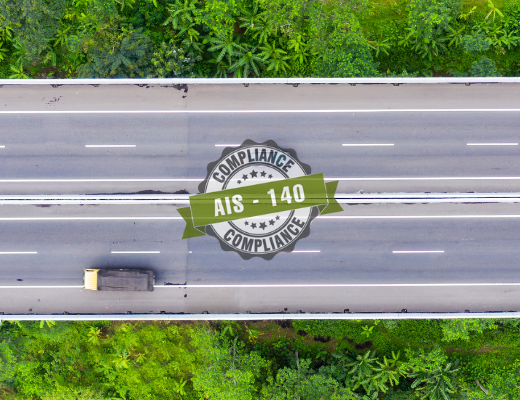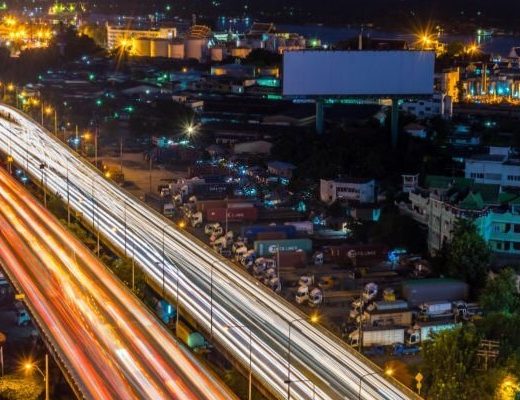With the construction target of 40 km per day, the Government of India has decided to pen down a new infrastructure story. But, this ambitious vision seems to be impossible without the active participation of the private sector. Considering this, the government has started to roll out road development projects through public private partnerships (PPP). Notably, private road developers majorly depend on toll collections to recover their investments. And, the highway toll collections in India throws big challenges at the operators in terms of revenue leakages. Not to forget, uncollected toll charges are acting as a major deterrent to private investment in Indian roads.
What is revenue leakage?
As the name suggests, Revenue Leakage is the undetected escape of money from any business that has implications on the profitability. Undeniably, the risk of revenue leakage looms over a business regardless of its size and activity. Besides in-house checks, indigenous technology and strict audits, slips do occur. And, these occur on both the revenue and expenditure parts. From double payment of invoices to partial billing, and failure of in-built control mechanisms to inadequate communication between the departments, money leakage also goes unnoticed during inter company transactions, tax handing, margin calculations and inventory management.
Revenue leakage in the Indian tolling sector
Undoubtedly, revenue leakage is a risk in any industry that deals in high volumes. That is why, zeroing in on the key issues when it comes to highway toll management holds significance. Talking about the current scenario in India, cash dominates as a mechanism to collect toll charges across the country. Also, not so reliable traffic estimation processes, and lack of smart cards/tags and electronic toll collection (ETC) systems have made the task tough. Further, the lack of effective IT systems and inter-operability are adding a lot to the woes of private road operators. Moreover, India does not have any standardized approach to vehicle classification, and it is suffering at the hands of inadequate regulatory oversight.
What are the issues?
In most cases, it has been observed that a system error that is linked to the business software in use appears as a common cause of revenue leakage. Besides, human interventions and poor communication between different departments pose a higher risk of revenue leakage at a business. Surprisingly, such errors, in most cases, are involuntary and unintentional due to which they continue to haunt for long.
Following are the issues that need to be addressed in time to improve revenue assurance for toll road operators:
- Inconsistency in revenue projection: There is no government agency to guide bidders while making the revenue projections and related assumptions.
- Current form of Motor Vehicle Act is weak: No electronic database of vehicles is maintained in India. Also, the legal framework to catch toll defaulters is weak in India.
- Issues related to implementation of ETC systems: Toll plazas need to struggle hard for basic requirements like Internet connectivity and utility power. Also, cashless modes like smart cards and onboard units are not mandatory.
- Inaccurate vehicle classification: Toll road operators face under tolling owing to the lack of a uniform system for classification of vehicles in India. The sensor devices are unable to differentiate between a four-axle vehicle and a modified two-axle vehicle.
- Thefts at cash toll plazas: From the lack of camera surveillance to no armed security guards, and unlocked collection booths to inadequate access control, toll operators need to buck up.
- Poor toll management skills: The need of the hour calls for deploying skilled staff along with appropriate toll management tools like automatic boom barriers and overhead light signals.
- Lack of stringent IT controls: Unauthorized modifications to the existing systems at toll plazas also lead to under tolling.
- Customer Issues: Other than toll charges, motorists are not in favor of bearing the cost of tags or cards. Resistance comes from commercial truck operators as well who mention about paying motor vehicle tax and diesel/petrol cess.
Further, it is observed that revenue leakages often occur outside the traditional control environment. That is why, it should not be perceived as the real danger intimidating your business.
How to deal with it? And, Metro Infrasys approach…
Revenue leaks can best be counteracted with revenue leakage programs, which include employing a critical eye to view all business processes. From adopting strict legislation and improved technology, to standardizing ETC systems, attention also needs to be paid at interoperability and customer viability. Besides, direct cost savings, improved operating efficiency can lead to increased usage and extended asset life. And, improved asset efficiency can lead to improved revenues for asset owners.
And, Metro Infrasys, with its array of toll management solution, keep your anxieties at bay. Our intelligent toll management system is designed to map every action auditable through non-stop surveillance. Much like a hawk, our TMS scans helps you to spot frauds and eventually to eliminate pilferage and maximize revenue collection. TMS zero tolerance towards cheating gives the much-needed boost.



